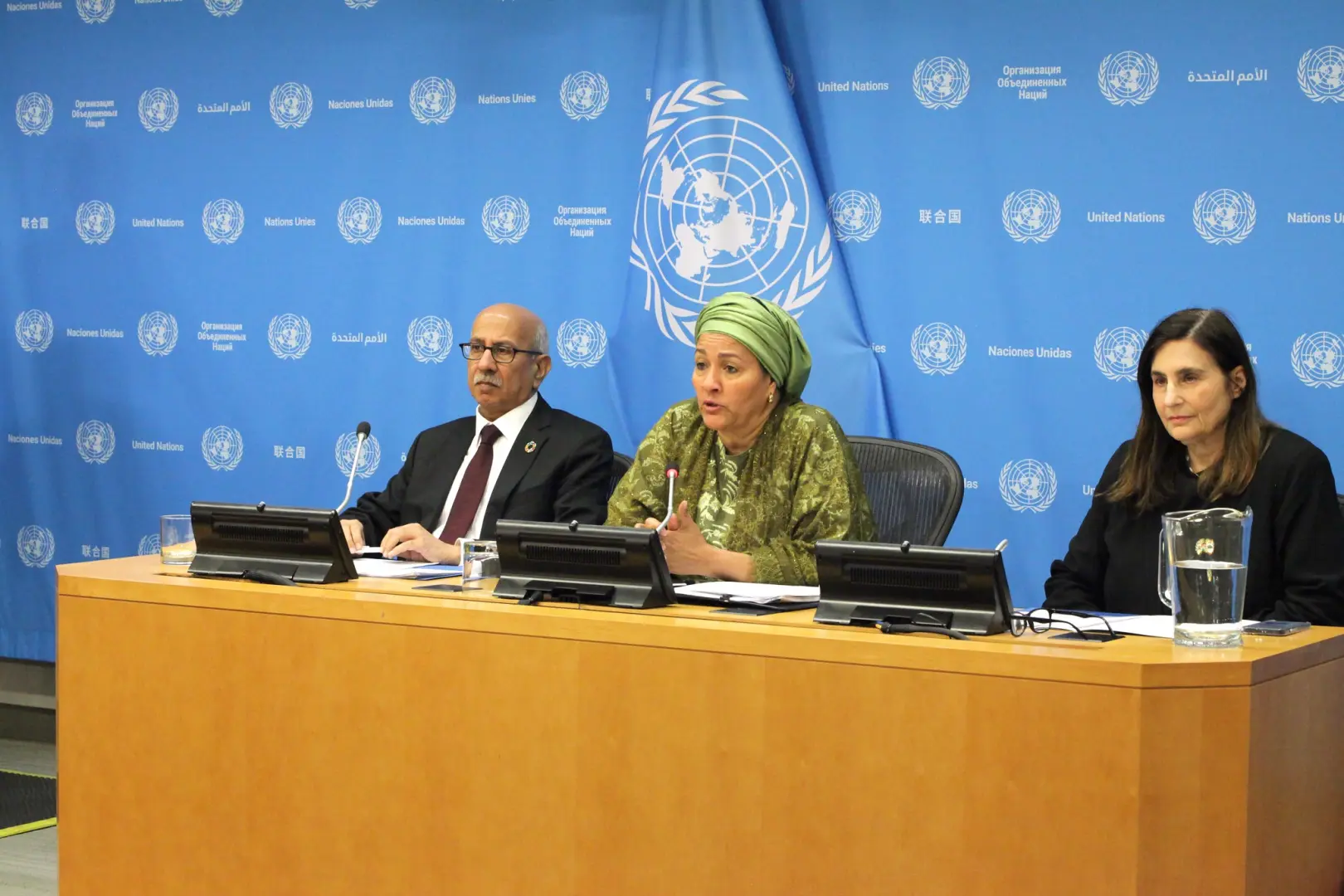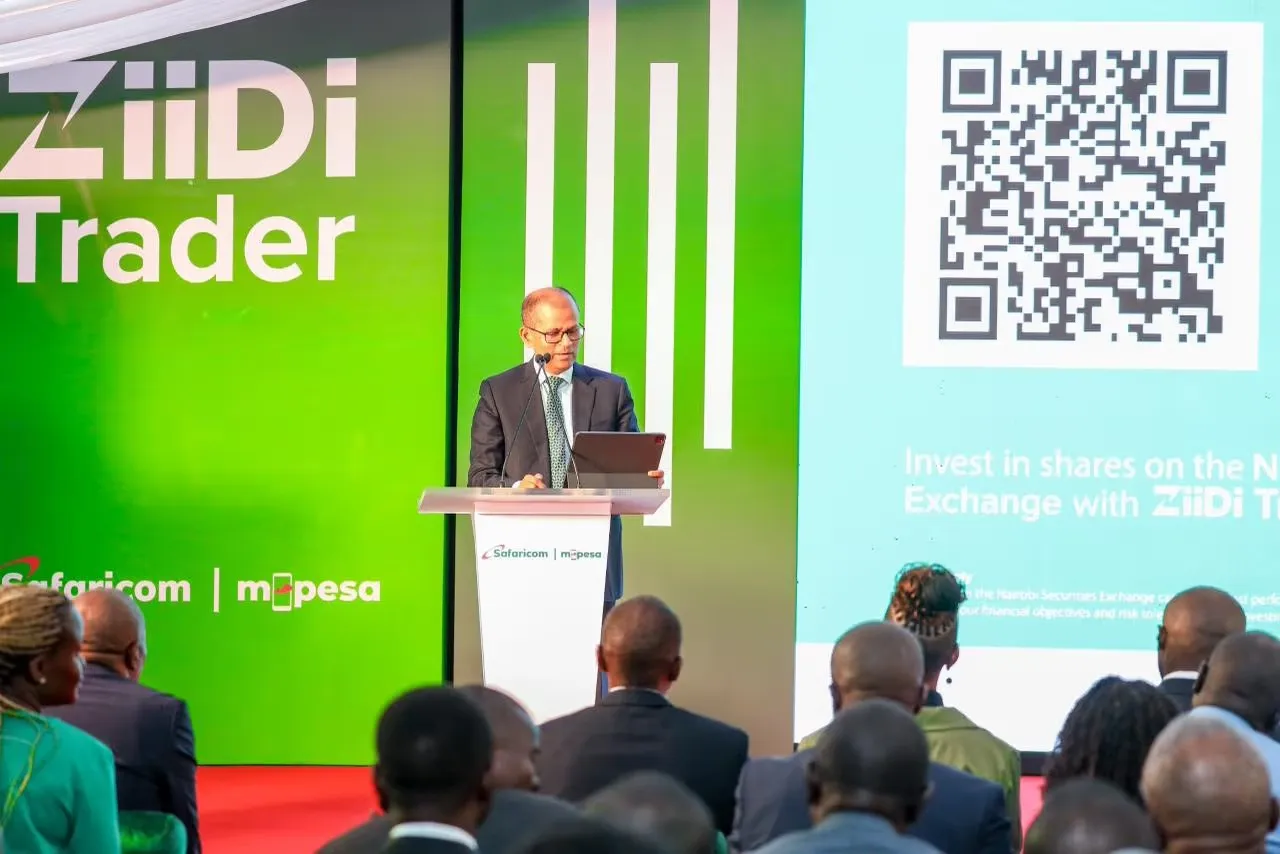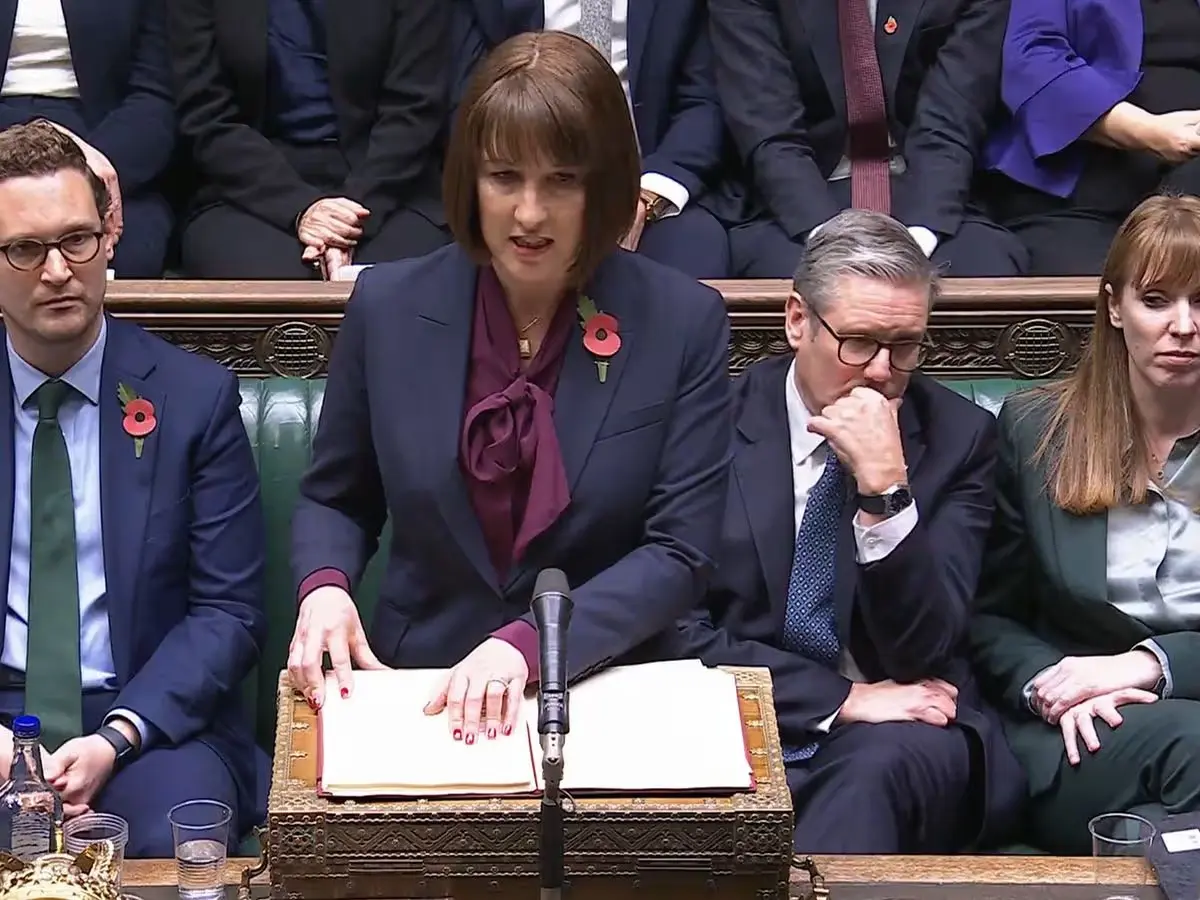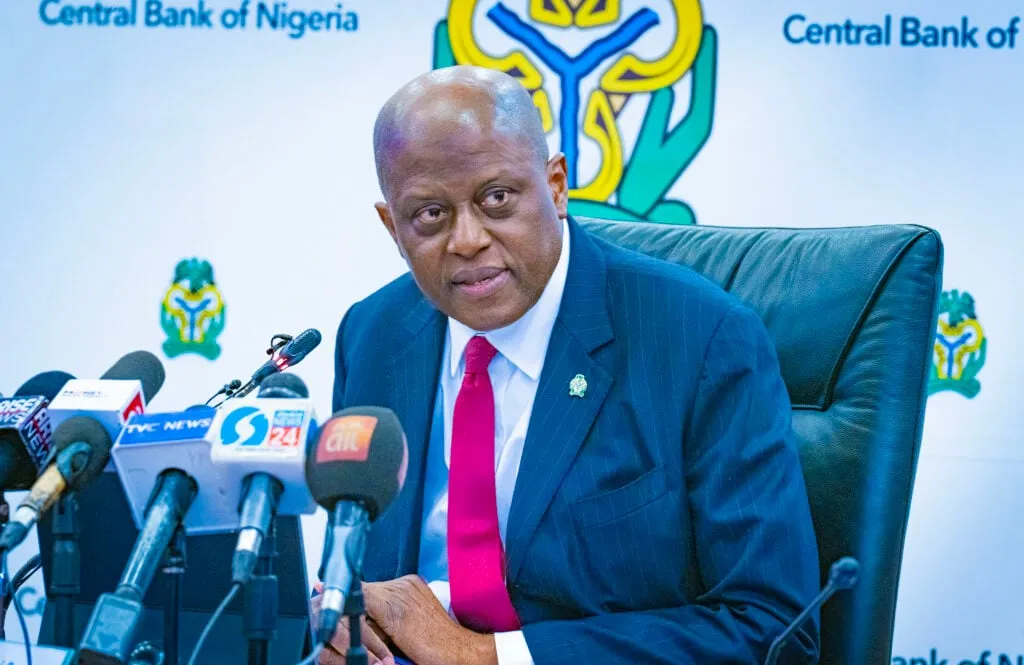In a critical address to the UN Economic and Social Council (ECOSOC) forum, the UN warned of an impending $4 trillion shortfall that threatens the progress of the Sustainable Development Goals (SDGs). At a time when rising global tensions, soaring debt, and increasing trade barriers are undermining international collaboration, the UN’s top officials called for immediate action to salvage the world’s development ambitions.
During the forum, which followed recent discussions at the World Bank and International Monetary Fund (IMF) Spring Meetings, UN Secretary-General António Guterres, ECOSOC President Bob Rae, and UN General Assembly President Philémon Yang emphasized the urgency of addressing this vast financing gap to prevent a setback in efforts to eradicate poverty, tackle climate change, and build sustainable economies worldwide.
The Global Financing Crisis and the $4 Trillion Gap
The $4 trillion financing gap represents the difference between the funding required to achieve the SDGs and the actual funds being mobilized. This shortfall is particularly critical for developing countries, many of which face crippling debt burdens and the rising costs of financing due to increasing global borrowing rates.
Guterres warned that if global cooperation fails to address these financial challenges, the international community risks falling even further behind on key SDG targets. He pointed out that none of the goals under SDG 6 on water and sanitation, which is vital for the health and well-being of billions of people, are on track to be met. Currently, over two billion people lack access to safe drinking water, and more than three billion people do not have access to safe sanitation. The failure to meet these goals will severely affect public health, quality of life, and economic development, especially in the most vulnerable regions of the world.
The Cost of Rising Trade Tensions
In his address, Guterres highlighted the escalating global trade tensions as a key factor exacerbating the financial gap. With many countries imposing new tariffs, trade barriers have become a significant threat to international economic growth and stability. As tensions between major economies such as the United States and China have grown, these barriers not only harm the global economy but also disproportionately affect the most vulnerable countries that rely on open trade for economic development.
Trade wars, Guterres noted, are a lose-lose scenario for all parties involved. The ripple effects from such disputes disrupt global supply chains, reduce market access for smaller economies, and increase the costs of goods and services. Vulnerable nations, especially those in sub-Saharan Africa and South Asia, are hit hardest, undermining their ability to grow economically and meet development goals. The situation highlights the necessity of rebuilding multilateral trade systems that foster cooperation and shared prosperity, rather than fueling competitive devaluation and protectionism.
Debt Crisis: The Burden on Developing Countries
A significant portion of the financing gap stems from the mounting debt burden faced by developing countries. ECOSOC President Bob Rae drew attention to the fact that over three billion people live in countries where governments are spending more on servicing debt than on essential sectors like health and education. The UN has identified more than 50 developing nations in which the cost of servicing debt has become unsustainable, with some countries allocating over 20 percent of their revenues to paying interest on loans.
The implications of this debt crisis are far-reaching. Nations struggling with debt are unable to allocate sufficient resources to infrastructure, social services, or environmental initiatives. Instead, much of their budgets are absorbed by the servicing of loans, leaving little room for investments that could drive sustainable economic growth. The result is a vicious cycle in which debt payments inhibit development, and the lack of development makes it even more difficult for countries to repay their debts.
To address this, Rae called for urgent reforms to the international financial system, which currently limits access to affordable financing for developing countries. He stressed the need for a new, more equitable debt architecture that would allow countries to repay what they owe without stifling their economic futures. Such reforms would involve restructuring existing debt, improving the accessibility of low-interest loans, and establishing mechanisms that prevent countries from falling into debt traps that hinder long-term growth.
The Role of Trade in Development
In line with addressing the debt crisis, Bob Rae also underscored the importance of trade as a tool for development. “Trade is not a four-letter word,” he asserted, emphasizing that trade should not be viewed as a zero-sum game where there are winners and losers. Rather, it should be seen as a mechanism for mutual benefit, where countries can exchange goods and services to fuel their economic growth.
Rae’s comments come in response to growing protectionist tendencies in major economies, which have led to the imposition of tariffs and other trade barriers. The push for trade liberalization and fair trade practices is crucial, especially for developing economies that depend on exports to sustain their growth. It is essential, Rae argued, for nations to engage in open, transparent trade policies that foster inclusivity and mutual benefit, which will ultimately support the achievement of the SDGs.
The Need for a Global Financial Overhaul
Philémon Yang, the President of the General Assembly, echoed the concerns raised by Guterres and Rae, emphasizing the need for a global financial overhaul to close the financing gap. Yang pointed out that over 50 developing countries now spend more than 10 percent of their revenues on debt servicing, with 17 of them allocating over 20 percent. These alarming figures signal a looming crisis in global finances, with many nations at risk of defaulting on their obligations.
According to Yang, the international community must take immediate action to reform the global financial architecture. He highlighted the importance of improving access to capital for developing countries and ensuring that financing mechanisms are fair and effective. This requires not only reforming international lending institutions but also increasing the involvement of the private sector in sustainable development finance.
Moreover, Yang stressed that the current financing landscape is severely restricting the ability of governments to meet their development goals. Without a significant shift in the global financial system, countries will continue to struggle with unsustainable debt, inadequate funding for critical development projects, and the inability to invest in their long-term futures.
Path Forward: Innovative Financing Solutions
As the international community looks ahead to the upcoming Fourth International Conference on Financing for Development in Seville, Spain, Guterres has outlined three priority areas for action: tackling unsustainable debt, strengthening multilateral development banks, and unlocking new streams of sustainable finance. He called for innovative financing solutions that mobilize domestic resources, improve controls on illicit financial flows, and encourage greater private sector engagement.
The conference in Seville will provide an opportunity for governments and development partners to negotiate solutions that prioritize sustainability, equity, and inclusivity. A key component of these discussions will be the need to generate more resources from within developing countries themselves, while also attracting investment from international sources. At the same time, it is critical to ensure that these investments are aligned with the principles of sustainable development and are directed toward projects that will benefit people and the planet.
A Call to Action
Guterres, Rae, and Yang all emphasized the urgency of taking action now to address the financial challenges threatening the achievement of the SDGs. With just five years remaining until the 2030 deadline for the SDGs, the world is at a crossroads. If the financing gap is not closed, key targets such as ending poverty, tackling climate change, and promoting sustainable economic development could remain out of reach for many countries, particularly the most vulnerable.
The UN officials concluded their remarks with a call for concrete, measurable action. They urged countries to move beyond declarations and take steps to implement policies that address the root causes of the global financing crisis. This includes reforming the international financial system, reducing debt burdens, promoting fair trade, and mobilizing resources for sustainable development.
As the world faces unprecedented challenges, including the aftermath of the COVID-19 pandemic, the climate crisis, and rising geopolitical tensions, the need for a coordinated, global response has never been more urgent. The decisions made in the coming months will determine whether the SDGs remain an achievable goal or a distant dream.
Ready to take your career to the next level? Join our dynamic courses: ACCA, HESI A2, ATI TEAS 7 , HESI EXIT , NCLEX – RN and NCLEX – PN, Financial Literacy!🌟 Dive into a world of opportunities and empower yourself for success. Explore more at Serrari Ed and start your exciting journey today! ✨
Photo source: Google
By: Montel Kamau
Serrari Financial Analyst
29th April, 2025
Article, Financial and News Disclaimer
The Value of a Financial Advisor
While this article offers valuable insights, it is essential to recognize that personal finance can be highly complex and unique to each individual. A financial advisor provides professional expertise and personalized guidance to help you make well-informed decisions tailored to your specific circumstances and goals.
Beyond offering knowledge, a financial advisor serves as a trusted partner to help you stay disciplined, avoid common pitfalls, and remain focused on your long-term objectives. Their perspective and experience can complement your own efforts, enhancing your financial well-being and ensuring a more confident approach to managing your finances.
Disclaimer: This article is for informational purposes only and does not constitute financial advice. Readers are encouraged to consult a licensed financial advisor to obtain guidance specific to their financial situation.
Article and News Disclaimer
The information provided on www.serrarigroup.com is for general informational purposes only. While we strive to keep the information up to date and accurate, we make no representations or warranties of any kind, express or implied, about the completeness, accuracy, reliability, suitability, or availability with respect to the website or the information, products, services, or related graphics contained on the website for any purpose. Any reliance you place on such information is therefore strictly at your own risk.
www.serrarigroup.com is not responsible for any errors or omissions, or for the results obtained from the use of this information. All information on the website is provided on an as-is basis, with no guarantee of completeness, accuracy, timeliness, or of the results obtained from the use of this information, and without warranty of any kind, express or implied, including but not limited to warranties of performance, merchantability, and fitness for a particular purpose.
In no event will www.serrarigroup.com be liable to you or anyone else for any decision made or action taken in reliance on the information provided on the website or for any consequential, special, or similar damages, even if advised of the possibility of such damages.
The articles, news, and information presented on www.serrarigroup.com reflect the opinions of the respective authors and contributors and do not necessarily represent the views of the website or its management. Any views or opinions expressed are solely those of the individual authors and do not represent the website's views or opinions as a whole.
The content on www.serrarigroup.com may include links to external websites, which are provided for convenience and informational purposes only. We have no control over the nature, content, and availability of those sites. The inclusion of any links does not necessarily imply a recommendation or endorsement of the views expressed within them.
Every effort is made to keep the website up and running smoothly. However, www.serrarigroup.com takes no responsibility for, and will not be liable for, the website being temporarily unavailable due to technical issues beyond our control.
Please note that laws, regulations, and information can change rapidly, and we advise you to conduct further research and seek professional advice when necessary.
By using www.serrarigroup.com, you agree to this disclaimer and its terms. If you do not agree with this disclaimer, please do not use the website.
www.serrarigroup.com, reserves the right to update, modify, or remove any part of this disclaimer without prior notice. It is your responsibility to review this disclaimer periodically for changes.
Serrari Group 2025
















